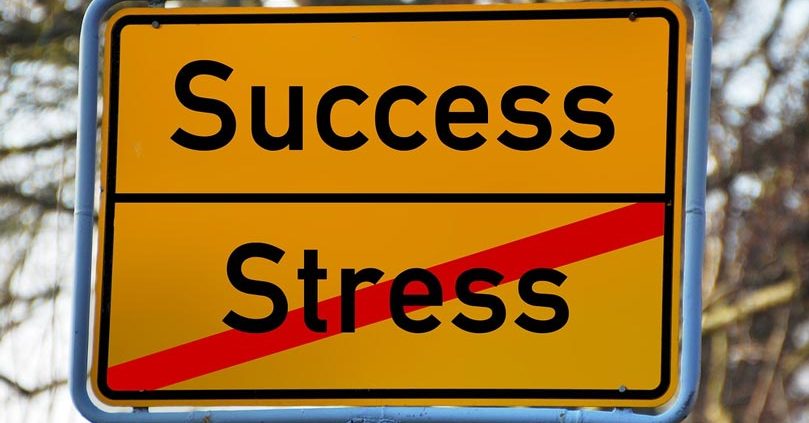Signs You may Need Help with Debt
There comes a point in just about every person’s life when they go to make a large purchase and realize that their credit cards simply will not work and their bank will not allow them to overdraft their account. This could happen for various reasons — maybe you recently lost a job and have not found a new one or maybe you are just not that experienced in managing finances. Whatever the reason for maxed out credit cards, it is certain you could use some professional debt relief advice.
Easily the best part about seeking this advice is that it does not require you be in hundreds of thousands of dollars of debt. There are quite a few warning signs that signal it is time for you to seek some extra guidance. If any of these situations sound like your own, reach out for a professional hand to help pull you out.
Minimum Payments are Your only Payments
While minimum payments are a great way to prevent late fees and debt collectors, they do not do much in the way of helping with your debt. Minimum payments are used by credit card companies to ensure you make some kind of gesture of financial good will every month, but, unless you pay off your total statement balance every month, you will only accrue more interest on your amount owed. In fact, 43 percent of Americans do not pay their credit card balance each month. Many times, the interest that is added is significantly higher than the minimum payment you made, essentially making a minimum payment useless if you owe several thousand dollars.
There is No More Credit Available
A maxed out credit card usually means two things: one, that you have drained through all of your available funds, and two, that you have likely failed to make any significant payments toward that balance. The first step in looking for how to get help with this kind of debt is to take a look at all of your accounts and what you do and do not have available to you. If you have several credit card or loan accounts, you need to find out how much money is owed on all of them and how much balance you have left. People with a large number of accounts typically have a larger debt owed, and in many cases, they do not even realize the dire financial situation they have put themselves in.
Your Credit Score is Plummeting
Credit scores are basically the holy grail of financial worth. These scores are essential in determining your interest rates, the kinds of accounts and loans you are eligible for in the future, and can even determine if you will be able to get approved for a large purchase, such as a vehicle or home. People who have high credit card debt or other forms of debt likely have low credit scores that fall under 650, which will make any lending experience now or in the future that much more difficult. The only way to help with this debt and improve your score is to pay off the debt and figure out a strategy to make sure you do not get back into financial distress.
Savings are Non-Existent
When debt gets high, savings get low. Millions of people pay off what they can, when they can, with what they happen to have available. Since savings accounts are usually seen as non-essential for so many people, they are usually one of the first corners people cut when they attempt to get out of debt on their own. Truthfully, unless you happen to have millions of dollars in savings that would not even feel a dent of a few thousand, using savings as your solution for figuring out how to get help with debt is not the best way to go.
Medical Visits and Emergency Funds are Never a Consideration
Similar to savings accounts, people who are in significant debt usually take all possibility of emergency funds off the table. They will usually give up important doctor appointments and wellness checks, avoid emergency rooms and ambulances at all costs, and will not set aside money in case an incident does occur. While allocating extra money to your outstanding financial accounts does help with debt in the short term, you also put yourself in the likely situation that you and your family are only one broken bone, sprained ankle, flu, or other incident away from going into worse debt than you started off with.
Budgets are Uncharted Territory
Budgeting has a reputation for being complicated to figure out and even more difficult to stick to. While it certainly takes time to figure out a budget, it is not impossible. One of the primary reasons so many people end up in such significant debt is because they do not know how to create a budget that works with their lifestyle rather than against it. Many seem to believe that they have to take a hardcore financial diet when using a budget that limits the things they love and what they find essential in their quality of life. In reality, that is not the case. A budget is actually a great tool to help you understand how to prioritize all of the things you love and to find a way to allocate funds as best as you can in the long term and short term. If you are not one of the ⅓ of Americans who have a household budget, you could seek the help of a financial expert.
Your Health is Suffering
One of the most significant indicators that you are in over your head with debt is your mental, physical, and emotional health. Money is one of the leading reasons for stress in the U.S. and has been linked with thousands of people developing depression, anxiety, ulcers, daily headaches, and much more. Understanding how your financial success determines your personal health is essential, and, if you do not have a grasp on it, it may be a good time to get help with debt.
Take Charge of Your Debt for a Step Toward Your Future
Debt has become almost a rite of passage for millions of people in the U.S., but it does not have to be. If you are worried that you have dug yourself into a poor financial situation, or you simply want to address the issue before it begins, Liberty Debt Relief can provide the debt relief assistance you need to succeed. Contact us today and we will get started on helping you take a giant leap forward right away.














Leave a Reply
Want to join the discussion?Feel free to contribute!